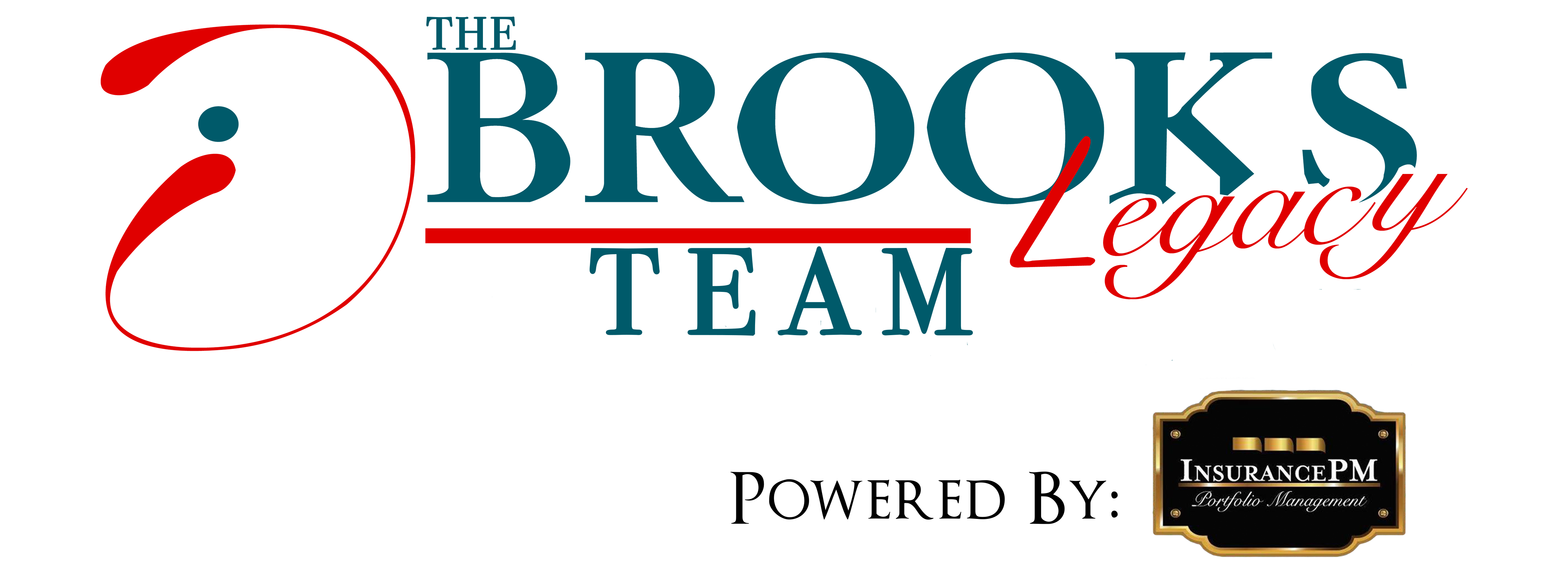Life insurance provides invaluable financial security for your loved ones in the unfortunate event of your passing. However, navigating the world of life insurance can be daunting, especially when it comes to understanding the factors affecting the cost of a life insurance policy. This article aims to simplify these factors, making it easier for you to make informed decisions about your coverage.

Factors Affecting the Cost of a Life Insurance Policy
Think of life insurance like a bet between you and the insurance company. They pay a significant sum of money to your beneficiaries if you pass away, but only if you haven’t outlived the policy term. Naturally, the company wants to minimize their risk of paying out too soon. Therefore, factors that indicate a higher likelihood of an early death will translate into higher premiums. These factors affecting insurance company decisions are carefully considered during the life insurance underwriting process.
-
- Age: This is the single most significant factor. Younger individuals are statistically healthier and have a longer life expectancy, leading to lower premiums. As you age, the risk of passing away increases, and so do the premiums.
- Health: Your overall health plays a crucial role. Pre-existing medical conditions, medications you take, and your medical history are all considered by insurance companies during life insurance underwriting. The healthier you are, with a lower risk of health complications, the lower your premiums will be.
- Lifestyle: Engaging in risky hobbies like skydiving, mountain climbing, or even smoking cigarettes can significantly increase your premiums. This is because these activities are deemed to elevate the possibility of an early death, impacting the factors affecting insurance company decisions

4. Family History: If certain health conditions, such as heart disease or cancer, are prevalent in your family, it might affect your premium. This is because it suggests a potential genetic predisposition to these illnesses, which could impact your life expectancy.
5.Coverage Amount: The amount of money your beneficiaries receive upon your passing directly impacts your premium. The higher the coverage amount, the greater the financial risk for the insurer, and consequently, the higher the premium you’ll pay. As one of the factors affecting the cost of a life insurance policy, it is directly linked to the payout amount.
6. Weight/BMI: Since life insurance companies assess risk based on the likelihood of payouts, individuals with a higher BMI may be seen as posing a greater financial risk, leading to higher premiums to offset this potential cost.
7. Type of Policy: Term life insurance, which provides coverage for a specific period, generally has lower premiums compared to permanent life insurance, which offers lifelong coverage and includes an investment component.
Additional Considerations:
- Gender: While traditionally a factor, some insurers may no longer consider gender when calculating premiums due to evolving demographics and regulations.
- Driving Record: A history of reckless driving or frequent traffic violations might lead to higher premiums due to the perceived increased risk of accidents and fatalities.
Taking Control: Optimizing Your Premiums:

While some factors like age are unchangeable, you can influence certain aspects that affect your premiums. Maintaining a healthy lifestyle, managing your weight, quitting smoking, and engaging in safe activities can all contribute to lowering your premiums. Additionally, being honest and upfront about your health and lifestyle during the application process ensures accurate risk assessment and prevents potential premium disputes later.
Remember that these are just some of the main factors. Insurance companies consider many things, so getting quotes from different providers is always a good idea to find the best rate for you. At Brooks Legacy Insurance Group, we do our best to get you the best policy from over 80 carriers. Send us a message today, let’s help you kick-start your journey of preserving your legacy.
